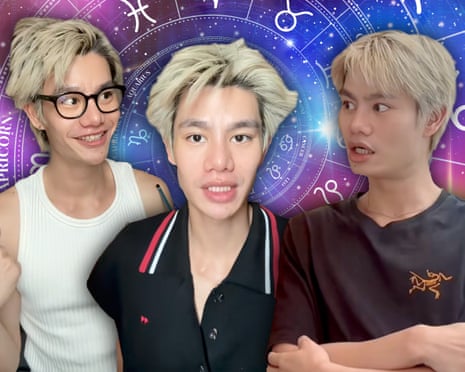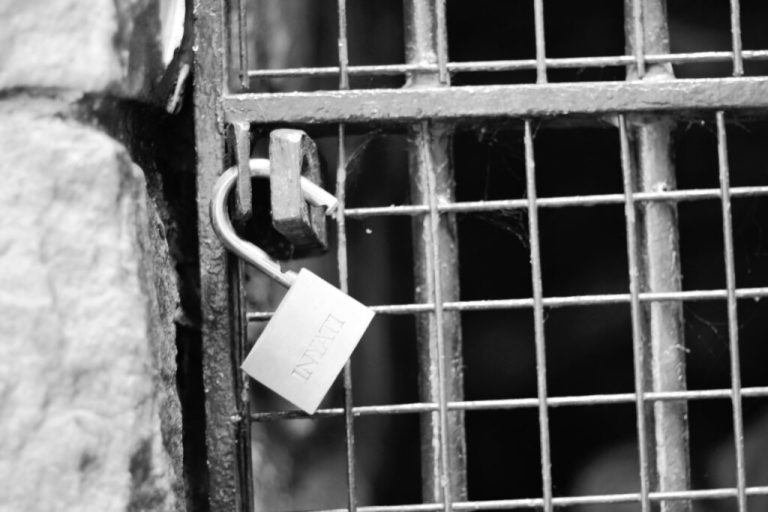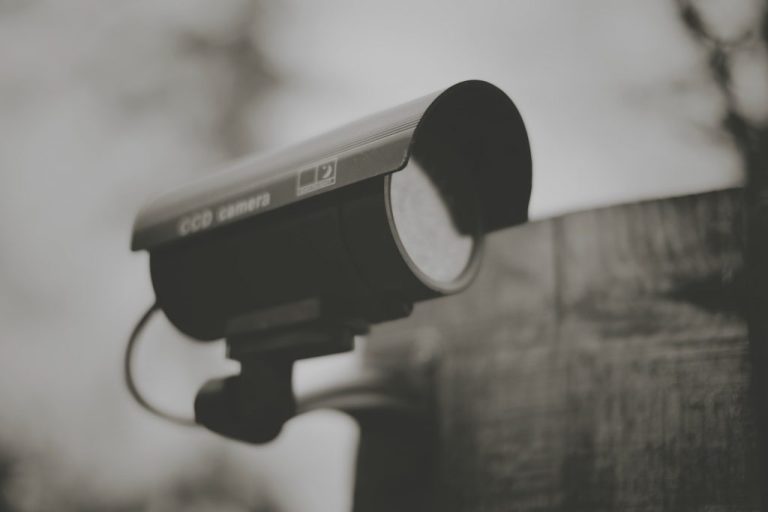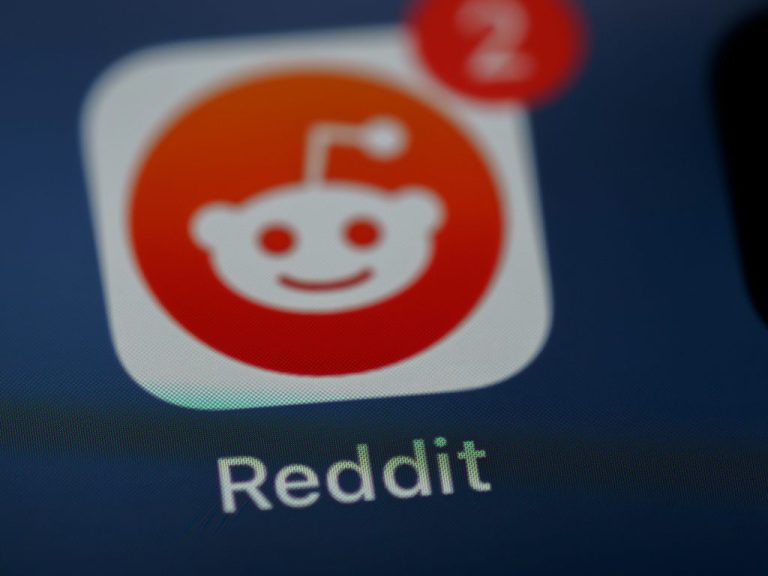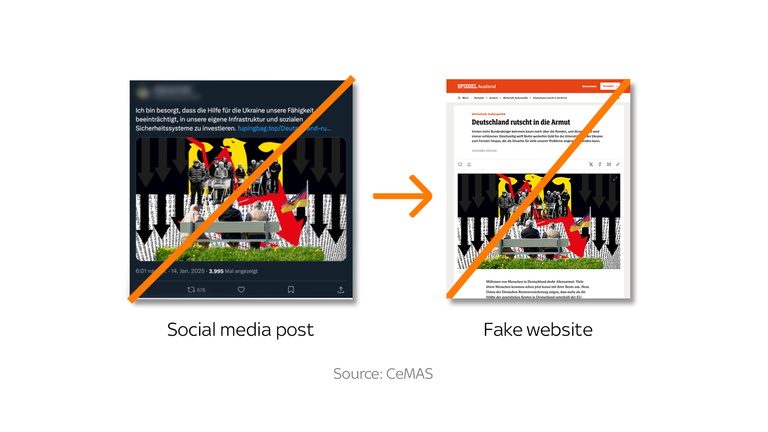Embracing Mysticism: How AI Fortune Telling is Flourishing in Thailand
When Whan consulted her new fortune teller regarding her relationship with her boyfriend, she received an interesting insight: one half of the couple tends to be sulky, while the other engages in over-analysis. The fortune teller suggested they enhance their openness with each other. Interestingly, this guidance did not come from a human, but from ChatGPT.
In Thailand, a nation with a deep-rooted tradition of fortune telling, 28-year-old Whan is part of a growing demographic of young individuals who are turning to ChatGPT for insights about their future. Social media platforms are abuzz with users sharing tips on how to upload pictures of their palms for palm readings and birth charts, which detail the planetary positions at the time of their birth.
Traditionally, visiting a fortune teller requires booking appointments months in advance and paying around 599 baht (approximately £13.55) for an hour-long session. However, when Whan encountered positive feedback on social media about the accuracy of ChatGPT’s readings, she decided to explore this modern alternative. She typed: “I saw many people have asked you about their fortune based on a birth chart. Can you do it for me?” The response was prompt: “My pleasure,” followed by a request for her birth date, time, and location.
After a satisfactory first reading, Whan, opting to use only her nickname, further engaged ChatGPT by uploading a photo of her face for analysis and asking about her compatibility with her boyfriend.
The role of fortune tellers—known as “Mor Doo” meaning “doctors who see”—has been significant in Thailand for centuries, influenced by the country’s Buddhist culture, which is closely intertwined with astrology and other divination methods. Individuals from all walks of life, including politicians, affluent businesspeople making investment decisions, and students curious about their love lives, consult these fortune tellers.
Estimates of the spiritual goods and services market vary, but a study by the University of the Thai Chamber of Commerce last year estimated its worth between $304 million and $456 million. Research conducted in January by Krungsri Bank revealed that younger individuals are the most likely to purchase such products online, with fortune-telling applications particularly appealing across all age groups.
Jirapat Wangcharoen, a 27-year-old content creator focused on astrology and spirituality, has thrived amidst this rising trend. Through his TikTok account, Nesh the Wizard, he shares advice that incorporates ChatGPT, with one of his videos gaining tens of thousands of likes last October. Studying for his Master’s degree in Australia, Jirapat learned that people often seek quick resolutions to their anxieties. “If they have a question at 1 am, they don’t want to linger on that,” he explained. “They turn to ChatGPT or TikTok live to find answers.” He also noted that many young people find it easier to communicate with AI than with humans.
While fortune tellers are easily accessible via social media or found near temples, many individuals prefer consulting someone they trust, which often leads to long wait times for appointments. Ruchi Agarwal, an assistant professor of anthropology at Mahidol University, highlighted that curiosity about the future tends to surge during periods of instability. “Historically, during economic or political crises, there has been a notable increase in the search for spirits or fortune tellers,” she remarked, noting that this trend holds true for younger generations who have experienced both political instability and a pandemic, leading to a greater reliance on social media.
Ajarn Par, or Master Par, a prominent astrologer in Bangkok’s Huai Khwang area, acknowledged that younger people are actively seeking meaning as a means of building emotional resilience in an unpredictable world. “They often feel a lack of control,” she said.
Concerns have been voiced regarding the risks associated with sharing personal information with AI, such as photos and birth details. Opinions remain divided on whether AI tools like ChatGPT will maintain long-term appeal among astrology enthusiasts.
Ajarn Par recognizes that while ChatGPT can relay astrological information, it lacks the nuanced understanding that comes with human experience. “To provide meaningful guidance, one needs to possess lived experience… [Human fortune tellers] offer an intuitive understanding,” she elaborated. She compared fortune tellers to therapists—trusted confidantes during challenging times—making it clear that a machine cannot replicate genuine emotional connection. For Whan, both human and AI consultations hold merits; with human interactions, she appreciates the personal touch, while AI offers immediate responses and the freedom to ask as many questions as desired.

